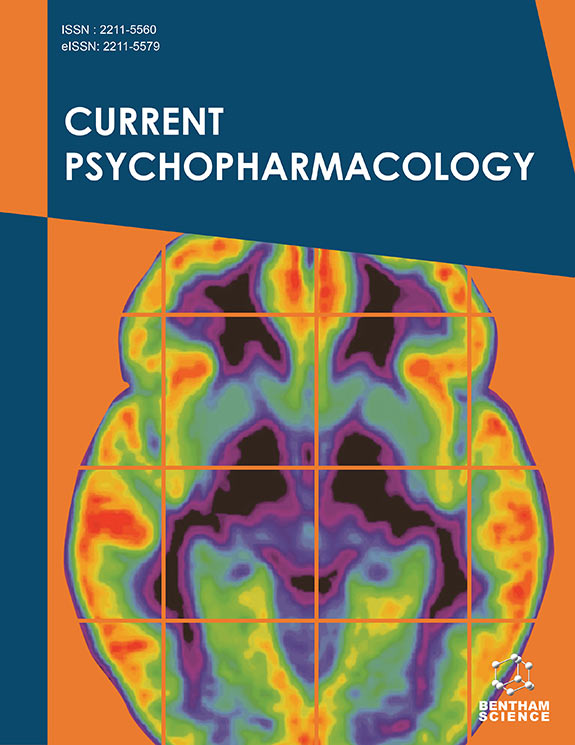Submission Tilte
PD-1 Inhibitors in Neuroprotection: Modulating Neurotransmitter Pathways for Therapy
Submission Abstract:
Programmed cell death protein-1 (PD-1) inhibitors, widely recognized for their role in immunotherapy, have recently emerged as potential neuroprotective agents. Beyond their traditional application in oncology, PD-1 inhibitors influence neuroimmune interactions, impacting neurotransmitter pathways critical for maintaining brain homeostasis. Dysregulation of these pathways is implicated in neurodegenerative and neuropsychiatric disorders, including Parkinson’s disease, Alzheimer’s disease, and depression. By modulating immune responses, PD-1 blockade may reduce neuroinflammation, enhance neuronal survival, and restore neurotransmitter balance. Recent studies suggest that PD-1 inhibitors can affect dopamine, glutamate, and serotonin signaling, offering novel therapeutic avenues for conditions associated with neurotransmitter dysregulation. However, the exact mechanisms underlying these effects remain unclear, necessitating further preclinical and clinical investigations. Understanding the intersection between immune checkpoint inhibition and neurotransmitter modulation could revolutionize neurotherapeutic strategies, potentially providing an alternative to conventional treatments. This review explores the emerging role of PD-1 inhibitors in neuroprotection, highlighting their impact on neurotransmitter pathways and their potential in managing neurological disorders. While promising, challenges such as immune-related adverse effects and long-term safety considerations must be addressed to optimize their therapeutic utility. Advancing research in this domain may pave the way for innovative neuroimmune-based interventions, offering new hope for patients with debilitating neurological conditions.




